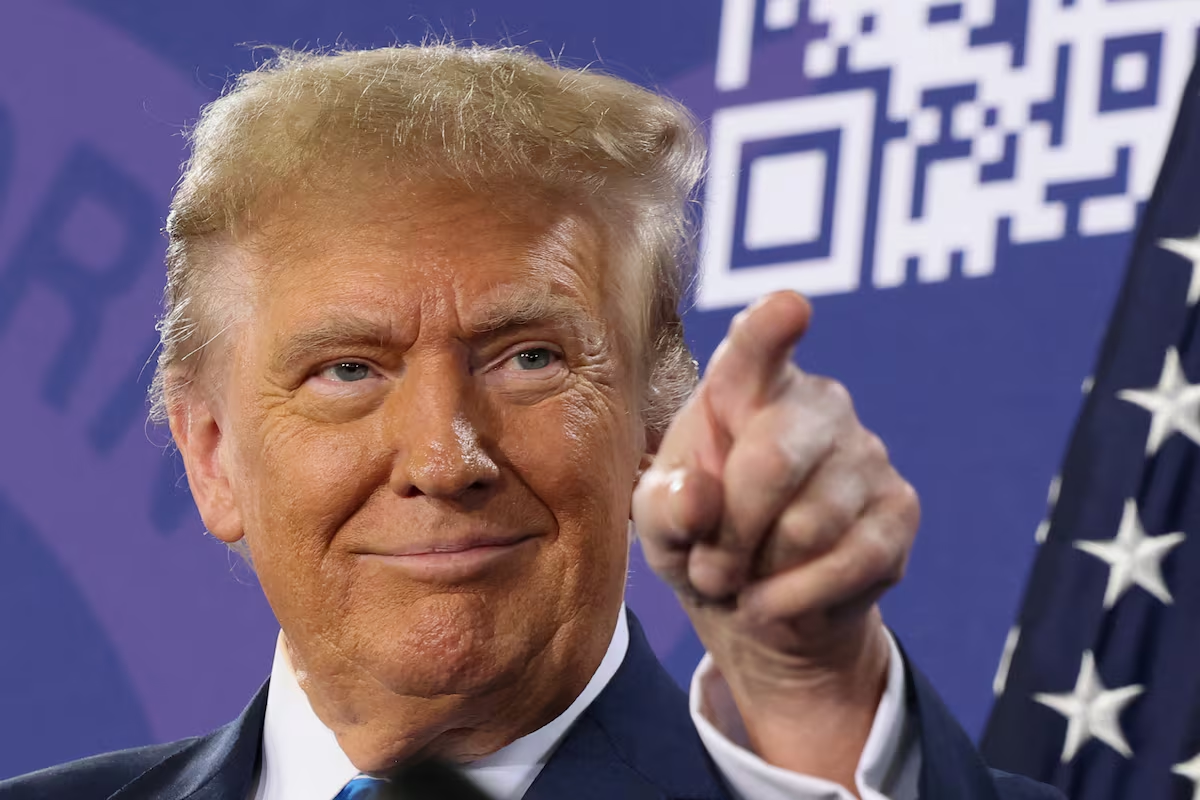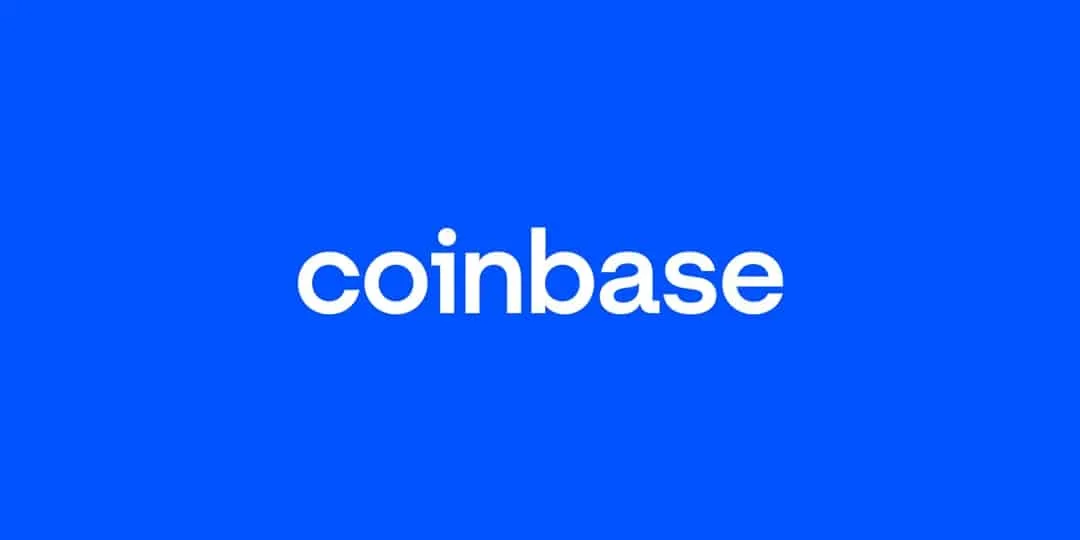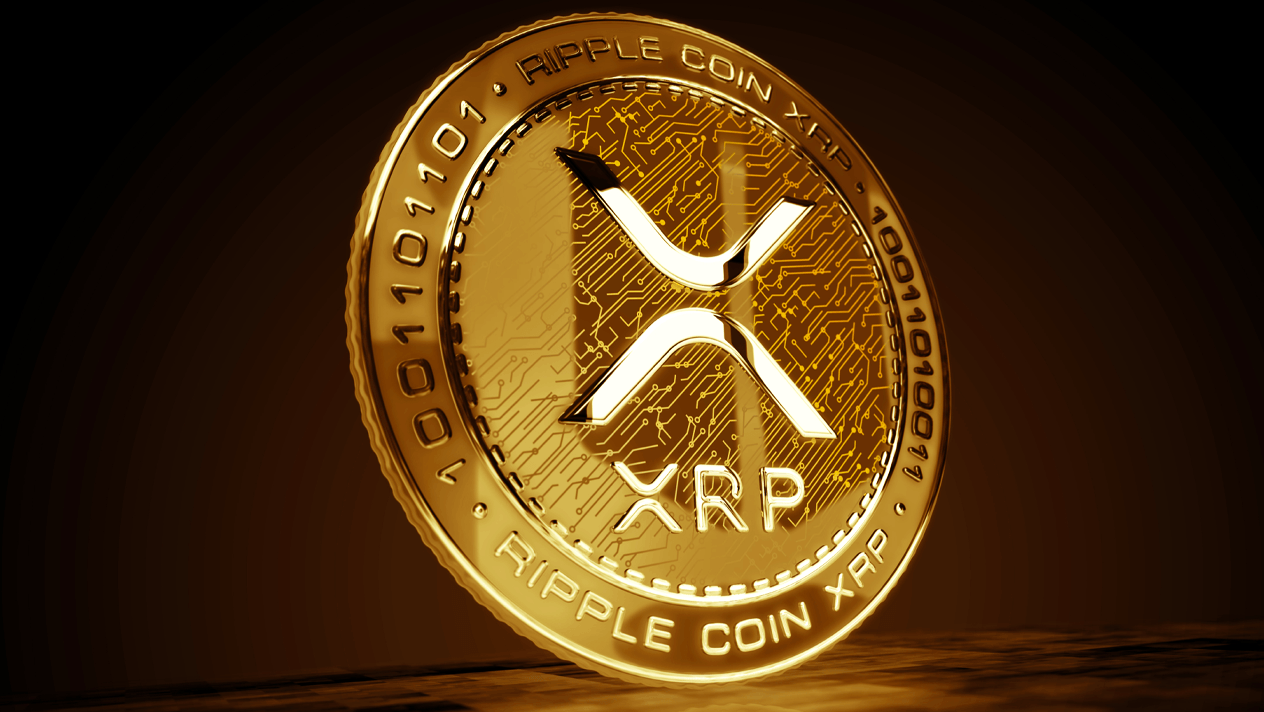In a landmark move, President Donald Trump has signed an executive order (EO) reshaping how the U.S. government handles digital assets, including Bitcoin (BTC), XRP, and other cryptocurrencies. The order introduces two major initiatives: a strategic reserve for Bitcoin and a broader digital asset stockpile encompassing various altcoins.
Bitcoin’s Strategic Reserve
According to reports from Fox Business’ Eleanor Terrett and David Sacks, the EO establishes a strategic reserve for Bitcoin, positioning it as the U.S. government’s primary digital asset. The reserve will be funded using approximately 200,000 BTC already in government possession—tokens seized from criminal and civil forfeitures over the years. Importantly, the government will not purchase additional Bitcoin with taxpayer money but may explore non-taxpayer-funded acquisition methods.
🚨DEEPER DIVE: So, @realDonaldTrump’s Executive Order calls for two separate things — a strategic reserve and a stockpile.
— Eleanor Terrett (@EleanorTerrett) March 7, 2025
The strategic reserve will contain only $BTC (the digital asset with the most store of value) using the 200,000 or so tokens already in the government’s… https://t.co/cWYoawLekF
The Digital Asset Stockpile
Alongside the Bitcoin reserve, the EO creates a digital asset stockpile comprising cryptocurrencies beyond Bitcoin, including XRP, Cardano (ADA), Ethereum (ETH), and Solana (SOL). Unlike Bitcoin, however, the government does not plan to buy more of these altcoins. Instead, it will explore ways to acquire them without direct expenditures, such as utilizing seized cryptocurrencies from illicit activities.
Seized Crypto Assets Fuel the Reserve
A crucial aspect of the plan involves the use of confiscated assets to build the government’s digital stockpile. A former Goldman Sachs employee and founder of EasyA highlighted that the government has accumulated significant amounts of crypto through legal actions against criminals. This strategy ensures that no new taxpayer money is used to fund the reserve or stockpile.
lots of you asking how the gov’t will get its $XRP $ADA $SOL for the stockpile if it’s not buying it?
— Dom (Bull/ish) | EasyA (@dom_kwok) March 7, 2025
two words: seized assets.
over the years, the gov’t has seized tons of crypto from illicit activity.
now, the gov’t is telling you it won’t be selling any of its crypto.
for…
The administration has also declared it will not sell any of its seized cryptocurrencies, including Bitcoin and altcoins. Historically, government sell-offs of confiscated BTC—totaling around 195,000 BTC over the last decade—have led to market volatility. By holding these assets, the government aims to promote stability in the crypto market.
Also Read: Bitcoin Drops 5% as Trump’s Strategic Bitcoin Reserve Disappoints Investors
The move is widely seen as bullish for Bitcoin and other included digital assets. By reducing potential sell pressure and signaling long-term crypto adoption, the policy could contribute to price stability. As the U.S. government solidifies its role in digital asset management, the global crypto landscape may be on the verge of significant transformation.
Disclaimer: The information in this article is for general purposes only and does not constitute financial advice. The author’s views are personal and may not reflect the views of CoinBrief.io. Before making any investment decisions, you should always conduct your own research. Coin Brief is not responsible for any financial losses.




